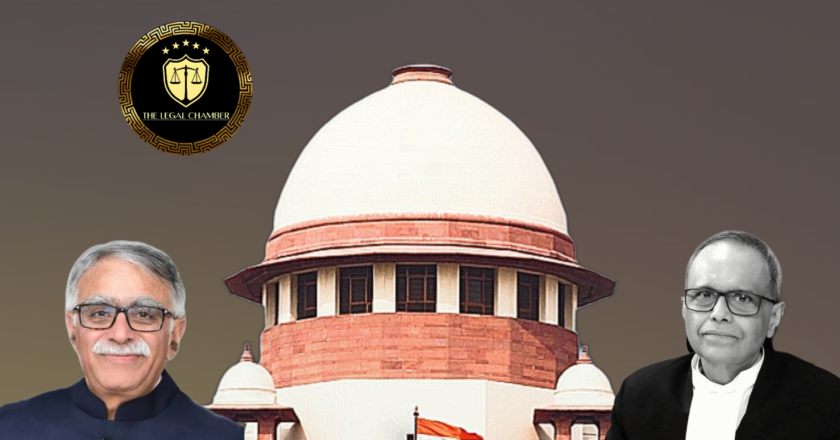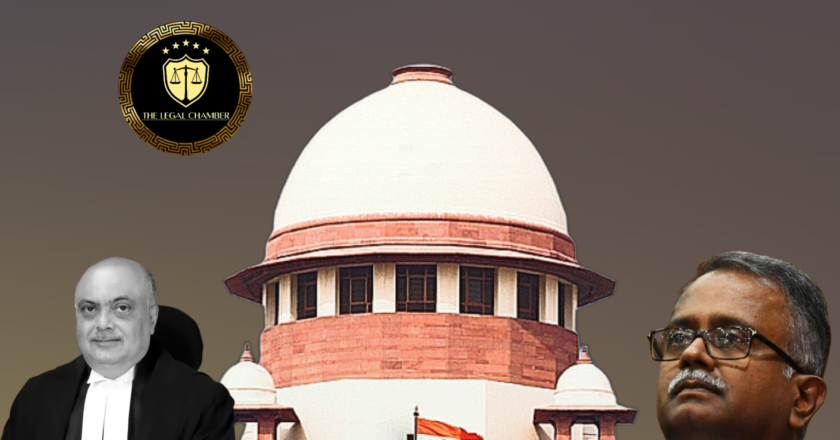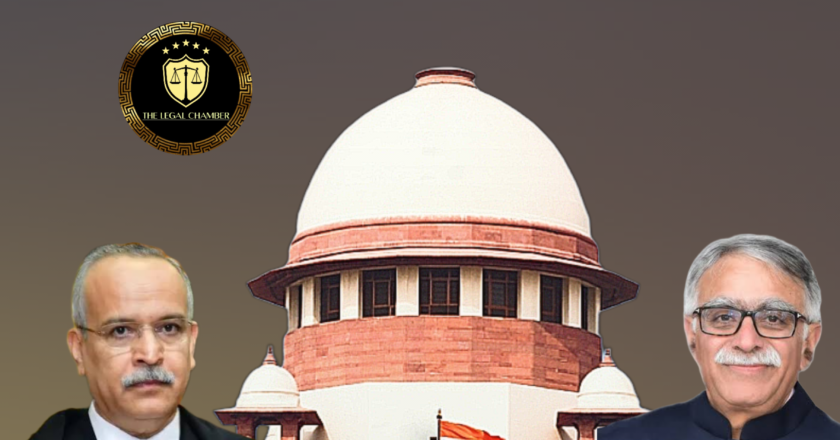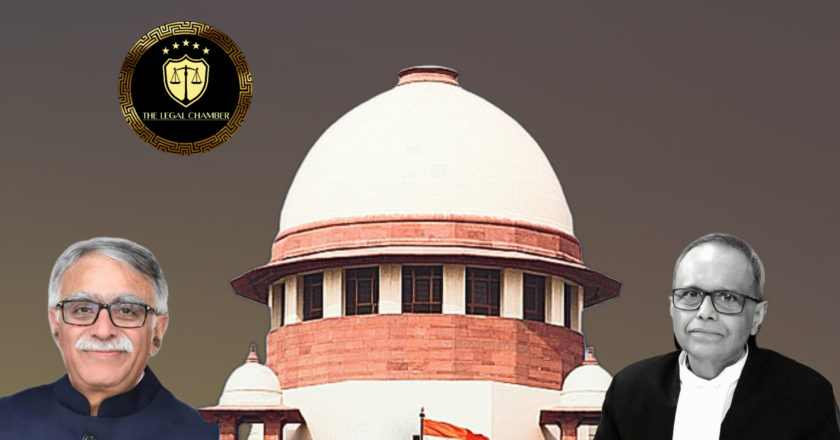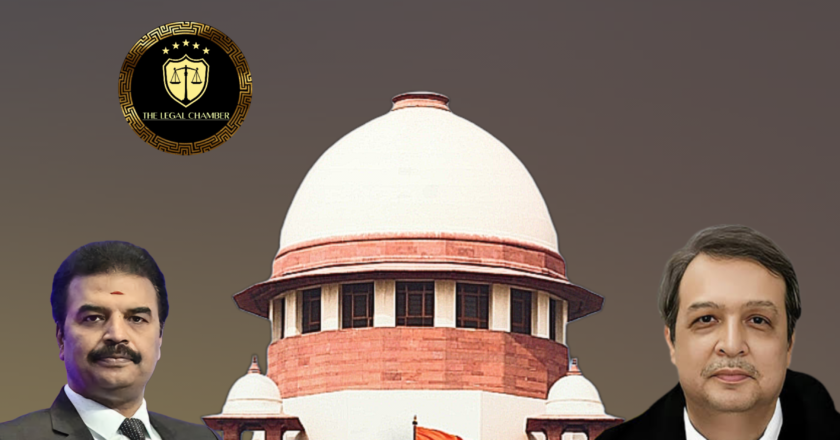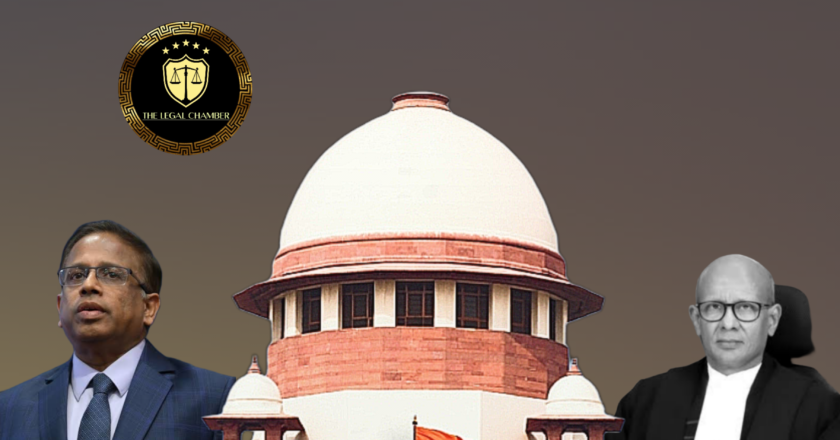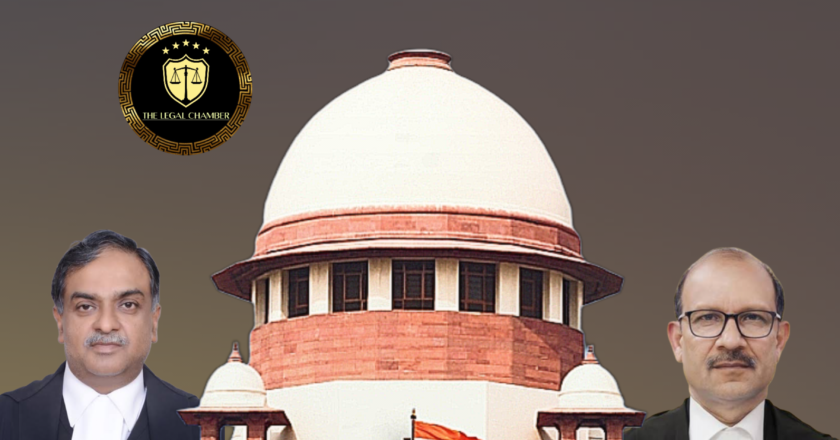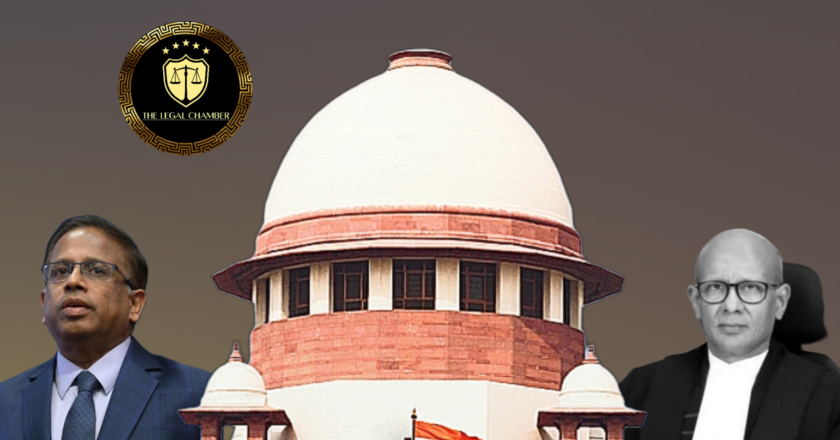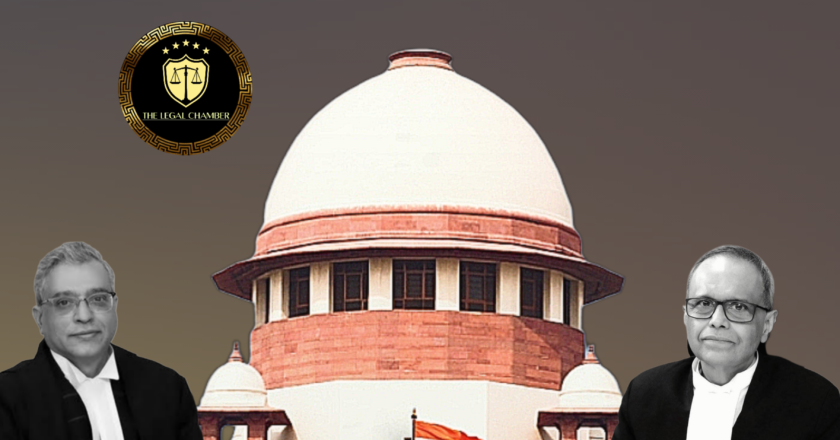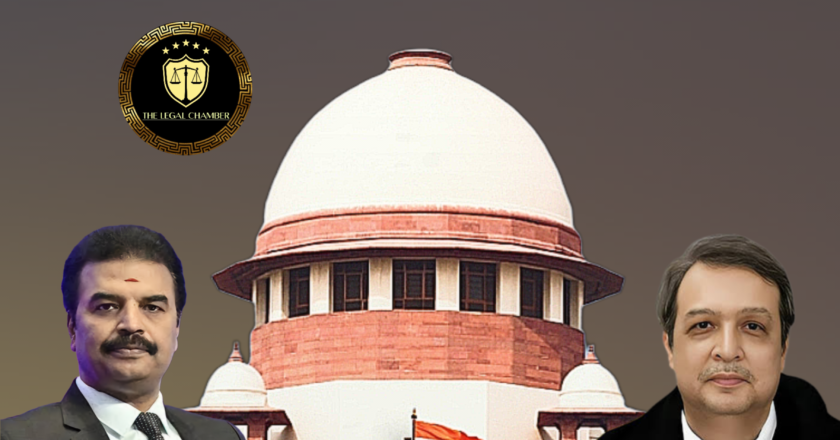Landmark Ruling: Supreme Court Ends Gender Bias Tribal Women Now Have Equal Rights to Ancestral Property!
The Supreme Court ruled that in the absence of any established custom or law governing inheritance for Scheduled Tribes, the principles of justice, equity, and good conscience under Section 6 of the Central Provinces Laws Act, 1875 must apply. The Court held that denying tribal women equal inheritance rights violates Article 14 (right to equality) of the Constitution, as discrimination based on gender lacks a rational nexus. The judgment overruled the lower courts’ dismissal of the claim, affirming that legal heirs of tribal women are entitled to an equal share in ancestral property unless a contrary custom is proven.
Facts Of The Case:
The case involved a dispute over the inheritance rights of a tribal woman, Dhaiya, belonging to the Gond Scheduled Tribe in Chhattisgarh. The appellants,...
